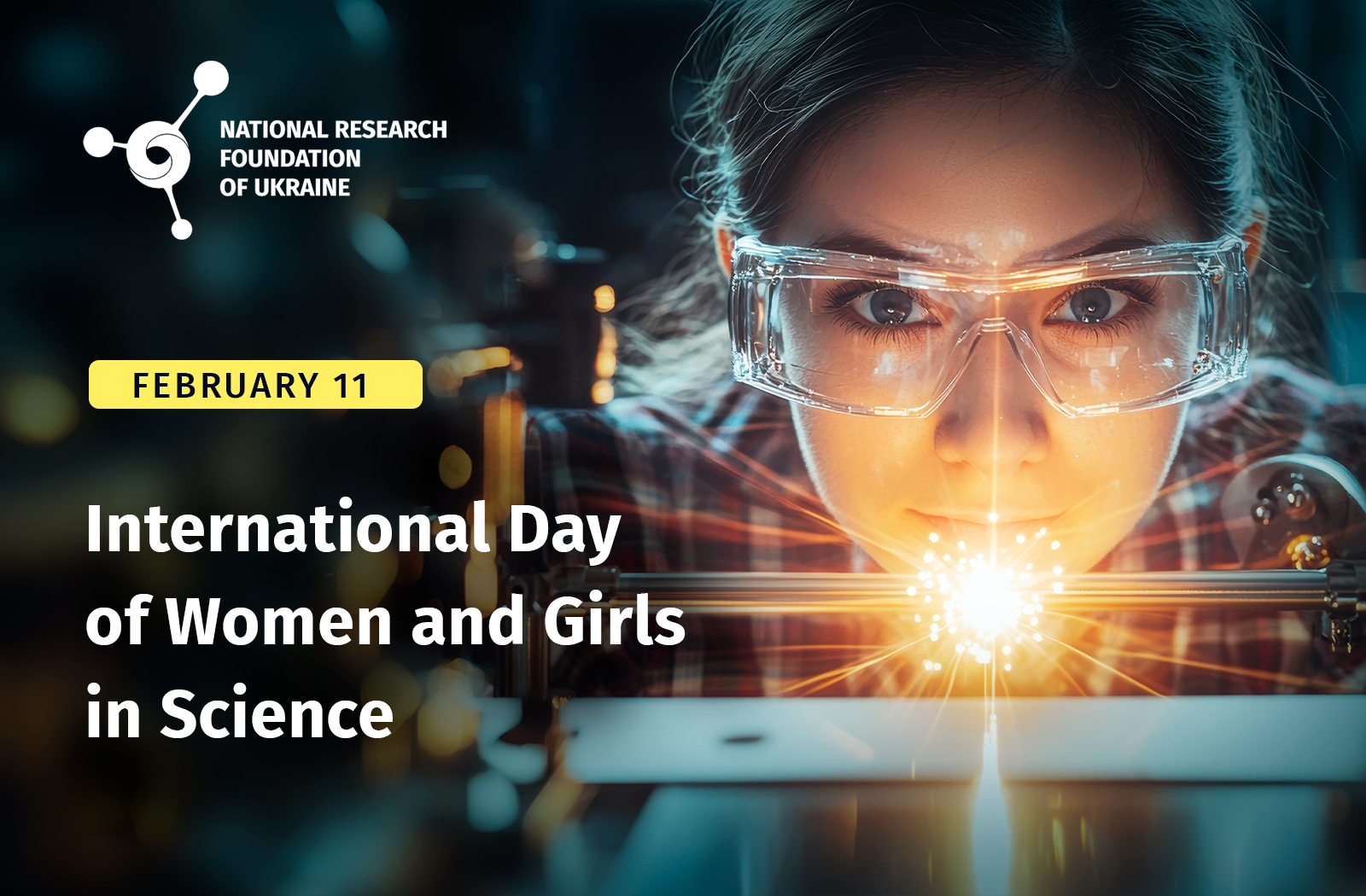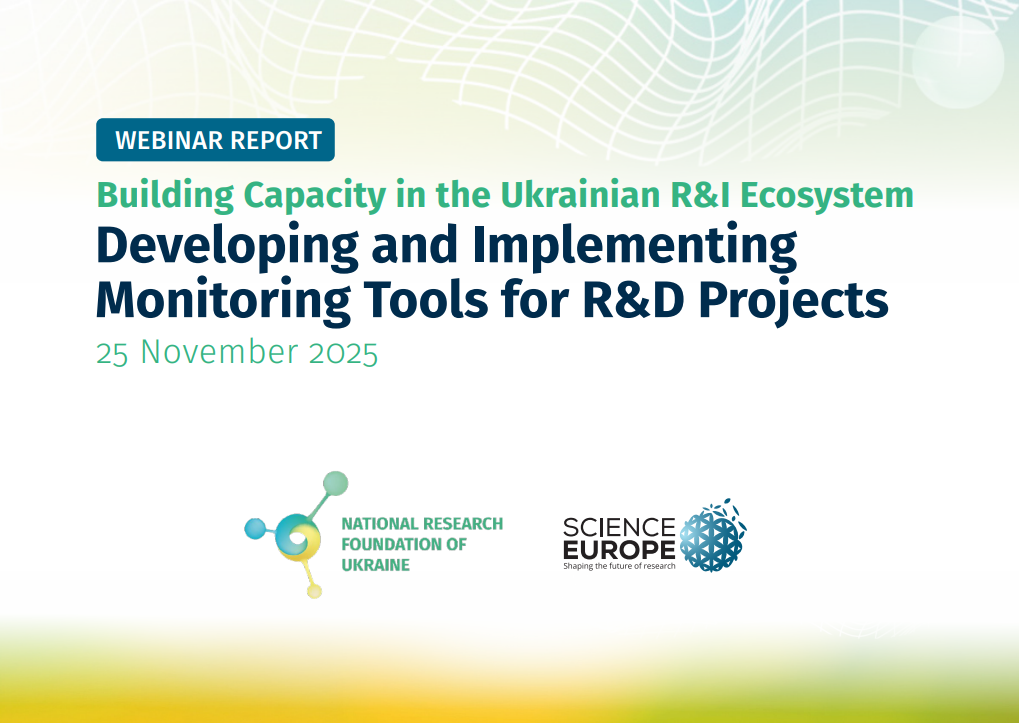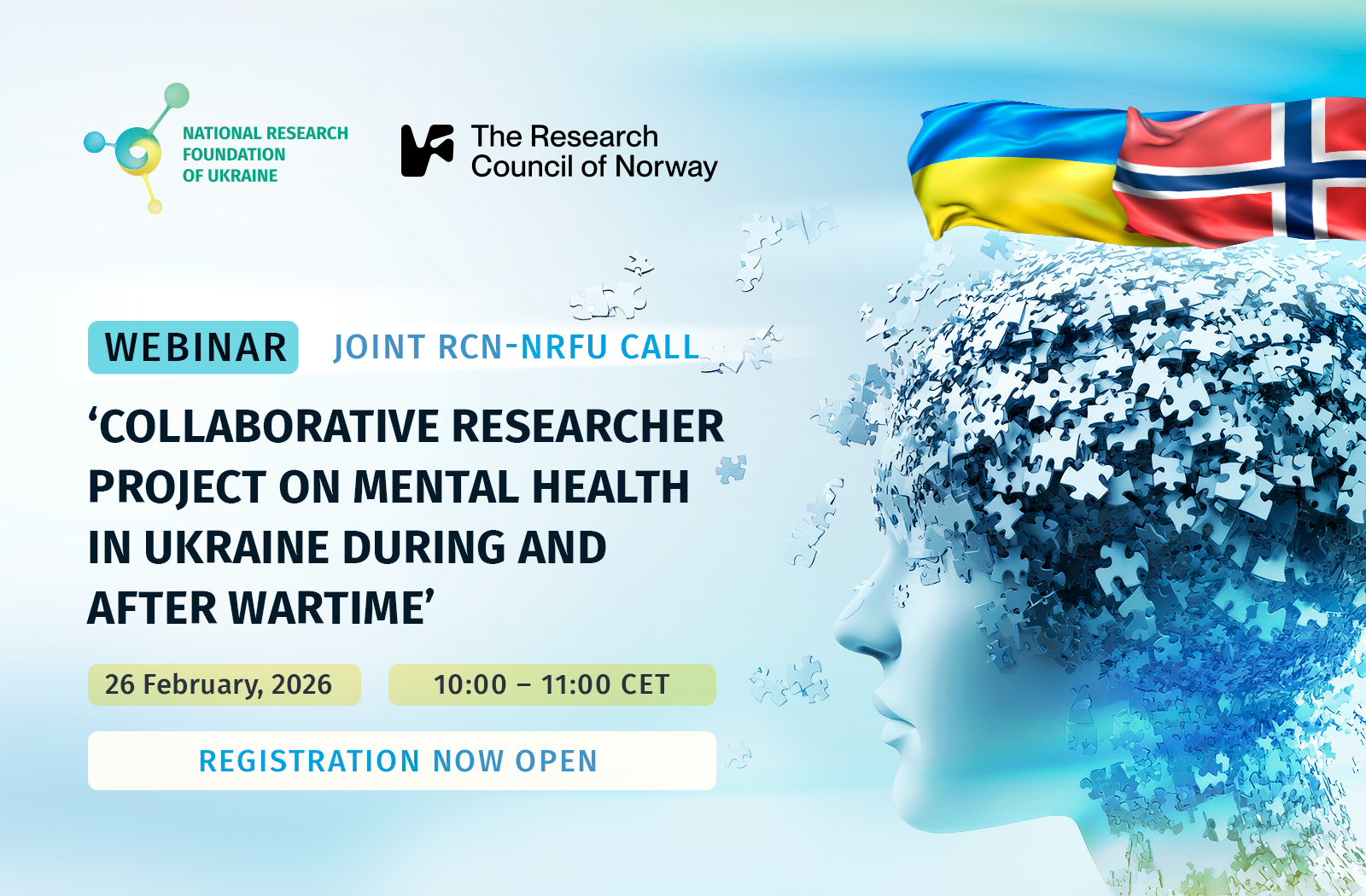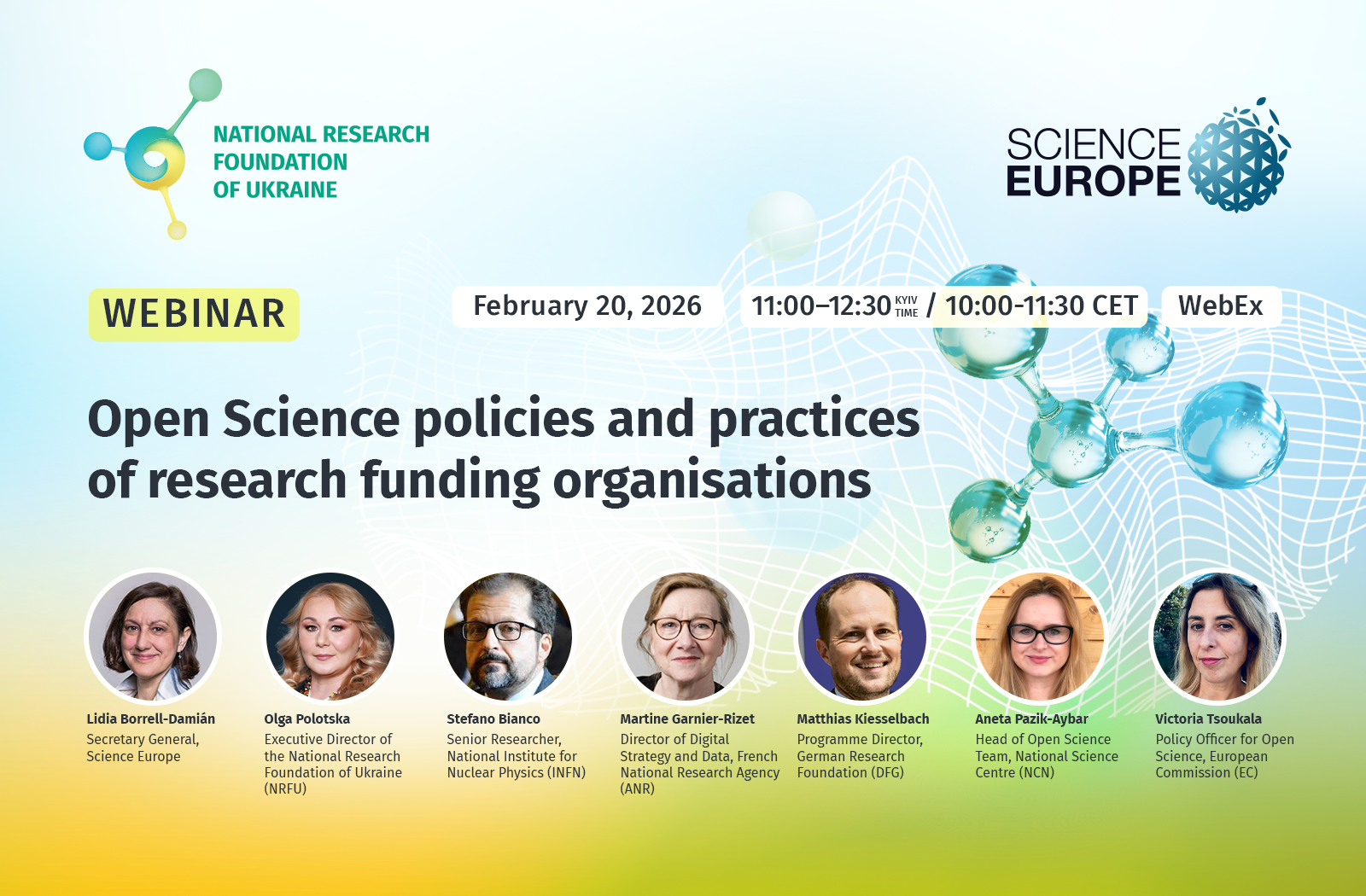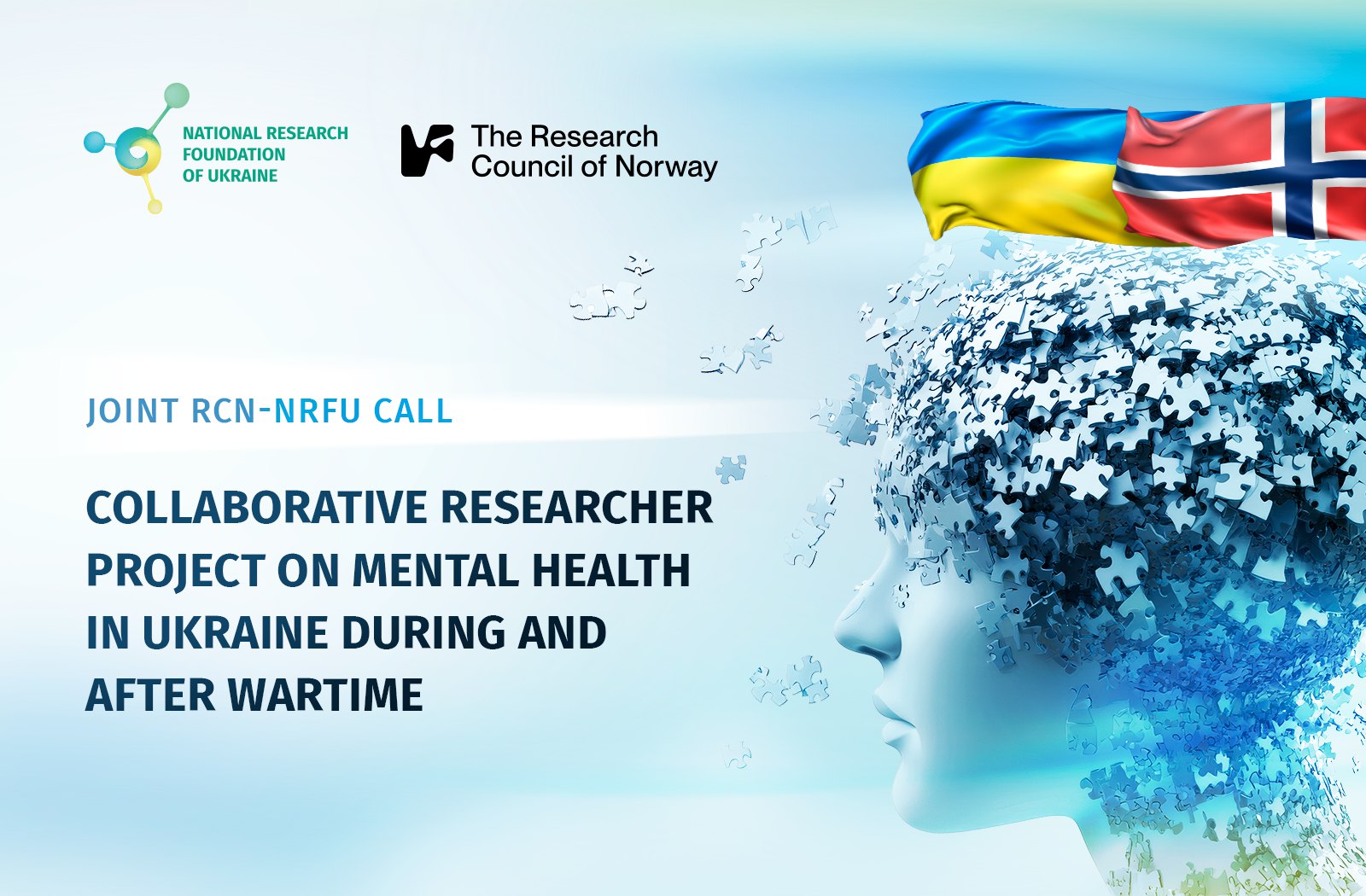In response to the russian invasion of Ukraine, Natural Resources Canada (NRCan) has begun an effort to welcome Ukraine-based scientists into Canadian organizations through temporary employment, scholarships, temporary stay arrangements and other kinds of support.
Opportunities offered to Ukraine-based scientists
NRCan has established the Canada-Ukraine Science Partnership, a department-wide effort to support Ukraine-based scientists. The aim of this initiative is to:
- in the short term, assist scientists based in Ukraine, by connecting them to employment opportunities in Canada
- in the medium and long term, rebuild Ukrainian scientific capacity while strengthening Canada-Ukraine scientific collaborations in natural resources
Who is eligible
Scientists, post-graduate students and subject matter experts who have fled or are fleeing Ukraine following the russian invasion, including:
- Highly qualified individuals with experience in the natural resources sectors
- Students who are seeking placements at Canadian academic institutions to continue their research
The process
- Submit an application.
- Receive an acknowledgement email.
- Attend interviews (when applicable, for potential positions).
- Receive a job offer (if successfully matched).
How to apply
Given the circumstances, NRCan is very flexible with the application process. Add your name and curriculum vitae (c.v.) to a pool of eligible candidates. Your skills and knowledge will be matched to available opportunities at NRCan and with our partners. If your c.v. does not meet NRCan’s matching criteria, it will be shared with partner organizations to find matching opportunities, whenever possible.
Apply now by email
- Include the following information in your email:
- Full name
- Email address
- Your field of expertise (e.g. mining, geology)
- Your highest academic degree (e.g. M.Sc., Ph.D.)
- Languages in which you are comfortable communicating (e.g. English, French, Ukrainian)
- Are you in Canada or expecting to move to Canada under the Canada-Ukraine Authorization for Emergency Travel (CUAET) program? If you are not in Canada, specify your current location (country).
- Do you have a work permit for Canada? (Yes/No)
- Attach a copy of your c.v.
- Send the email to NRCan-ScienceUkraine-RNCan@nrcan-rncan.gc.ca.
How long it will take to process your request
We aim to process applications as quickly as possible. Response times may vary, depending on the number of applications received.
- NRCan will confirm the receipt of your email within one business day.
- Your information will be shared with the hiring managers and academic partners, and you will be contacted if a match for your possible employment or educational support is found.
- NRCan may also contact you to have an informal discussion of your skills and circumstances. The process includes a job interview. A conditional offer of employment will be issued pending a security check and confirmation of degree equivalency, followed by a formal offer.
Note that submitting a c.v. and having a follow-up discussion are not confirmation of employment. Only receipt of a formal Letter of Offer will confirm that you have been selected for an employment opportunity.


